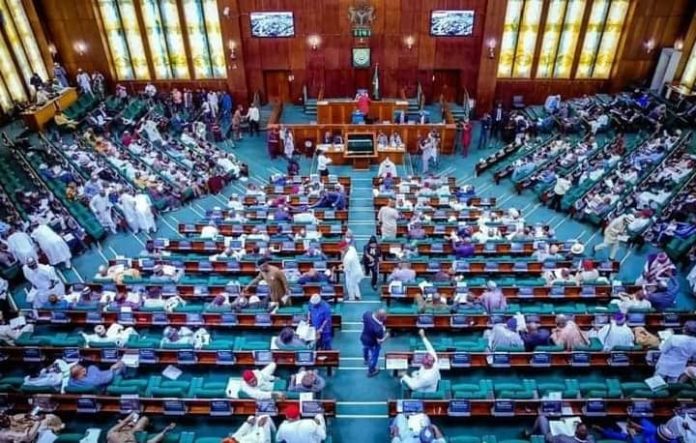The House of Representatives has rejected a proposed constitutional amendment seeking to establish a single six-year term for the President, State Governors, and Local Government Chairmen. The bill, which underwent its second reading on Thursday, November 21, 2024, failed to gain the necessary support as lawmakers voted overwhelmingly against it.
Highlights of the Proposed Bill
The bill aimed to amend key sections of the 1999 Constitution (as amended), including Sections 76, 116, 132, and 136, with the following major provisions:
- Single Six-Year Term:
The bill proposed a single six-year term for the President, State Governors, and Local Government Chairmen to promote inclusive governance and reduce the costs associated with the current four-year election cycle. - Rotation of Presidency:
The amendment to Section 132 sought to rotate the office of the President between Nigeria’s North and South every six years. It further proposed intra-regional rotation among the three geopolitical zones within each region. - Simultaneous Elections:
Sections 76 and 116 were to be amended to mandate simultaneous elections for the President, Governors, National Assembly, State Houses of Assembly, and Local Government Councils on the same day, as determined by the Independent National Electoral Commission (INEC) in consultation with the National Assembly. - Mid-Term Accountability:
A new section, 188, required Governors to present a mid-term stewardship report to the State House of Assembly after three years. Legislators would then assess the report and, if dissatisfied, could initiate impeachment proceedings. - Provisions for Succession:
Amendments to Section 136 provided that if a President-elect or Governor-elect dies or is unable to be sworn in, their running mate would assume office and appoint a deputy, subject to legislative approval.
House Members’ Reactions
During the debate, proponents of the bill highlighted its potential to ensure stability, reduce the high costs of frequent elections, and address Nigeria’s governance challenges through rotational leadership. They argued that a single six-year term could eliminate distractions caused by re-election campaigns and focus leaders on governance.
However, the majority of lawmakers strongly opposed the bill, citing concerns about:
Democratic Principles: Many argued that the proposed single term would deprive citizens of the opportunity to hold leaders accountable through re-election.
Regional Tensions: The mandatory rotation of the presidency between North and South, and further among geopolitical zones, was seen as potentially divisive and overly prescriptive.
Implementation Challenges: The requirement for simultaneous elections and mid-term performance evaluations was criticized as cumbersome and unrealistic.
The Speaker of the House, Hon. Tajudeen Abbas, presided over the plenary session and, after putting the bill to a voice vote, declared that the “nays” had it.
Conclusion
The rejection of the bill underscores the challenges of achieving constitutional amendments in Nigeria, particularly on issues that directly impact political structures and power dynamics. As the debate over electoral and governance reforms continues, it remains to be seen whether similar proposals will be revisited or modified to gain broader acceptance in the future.

